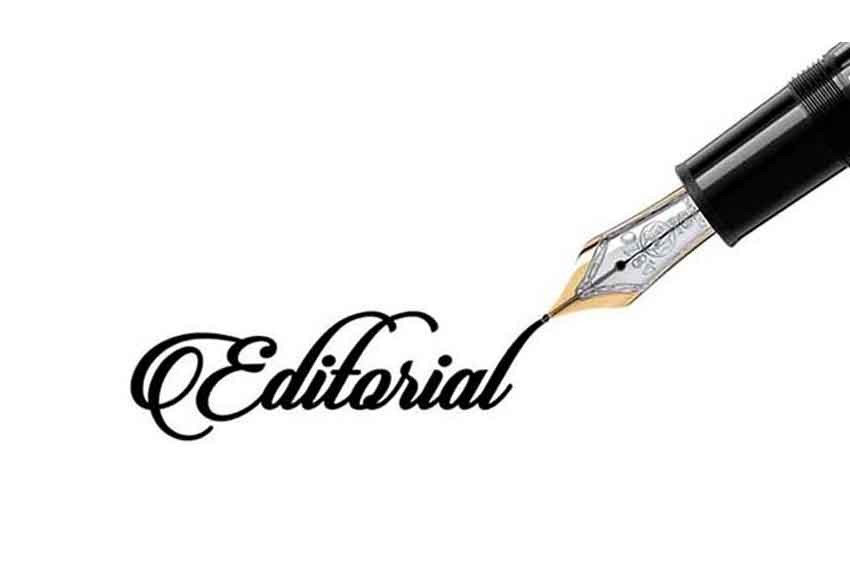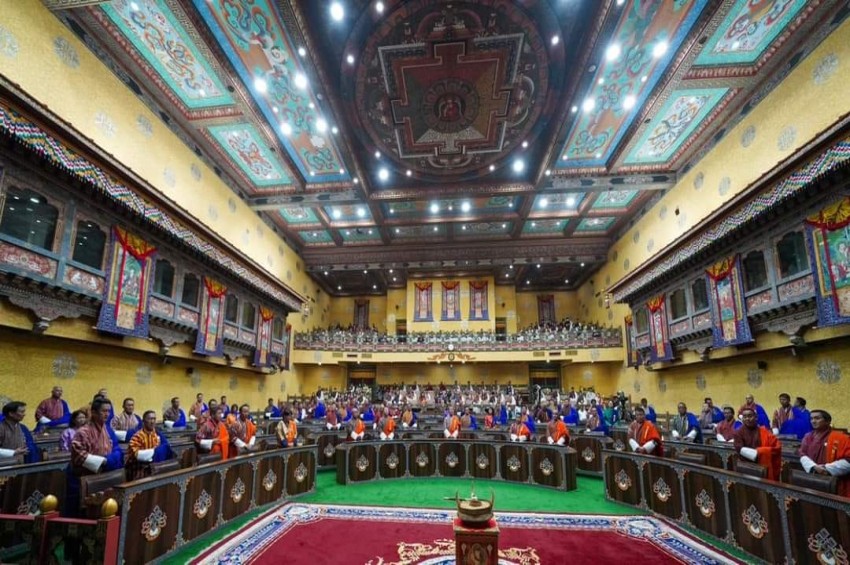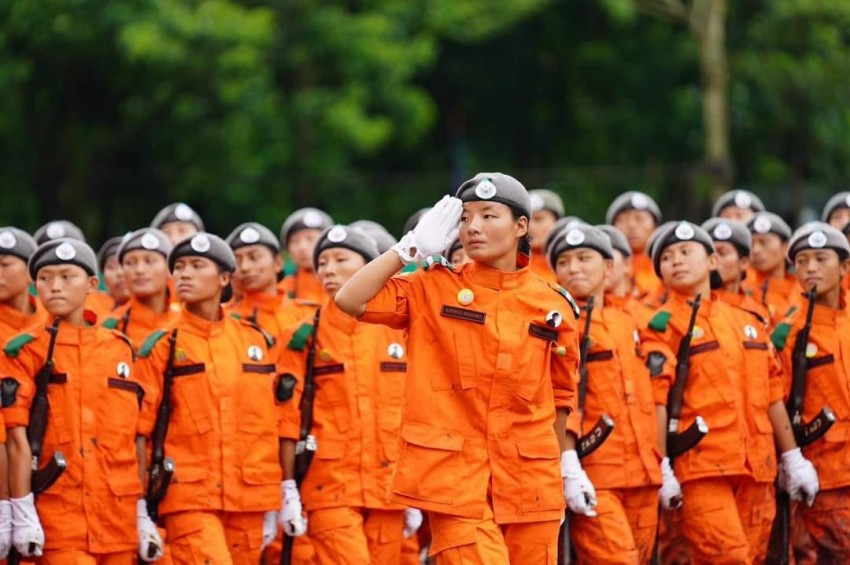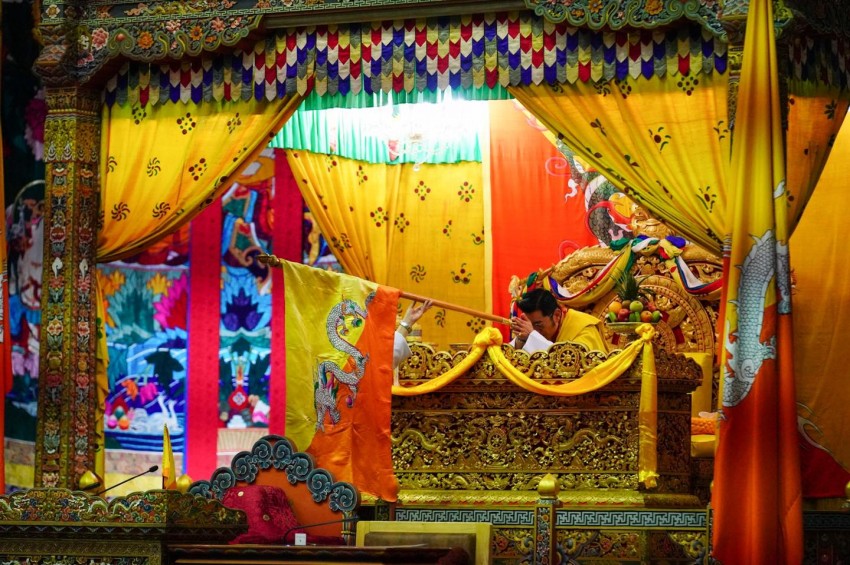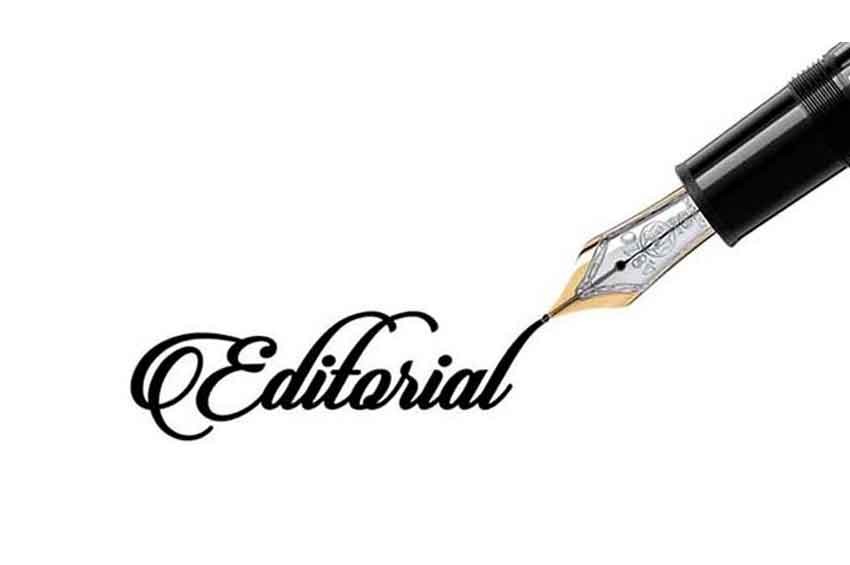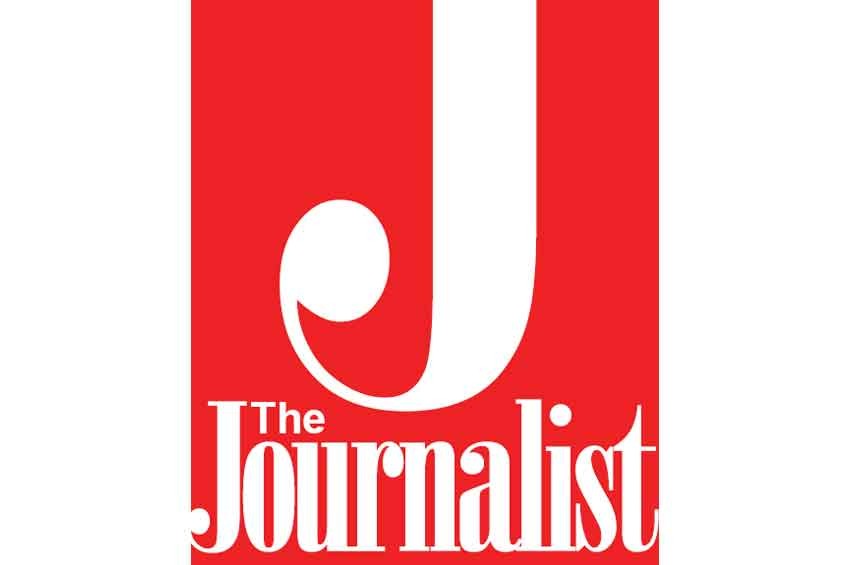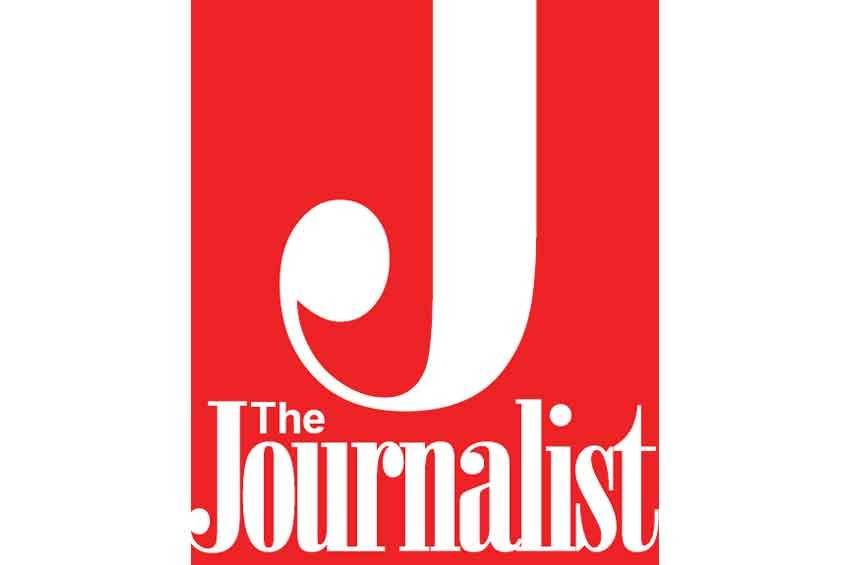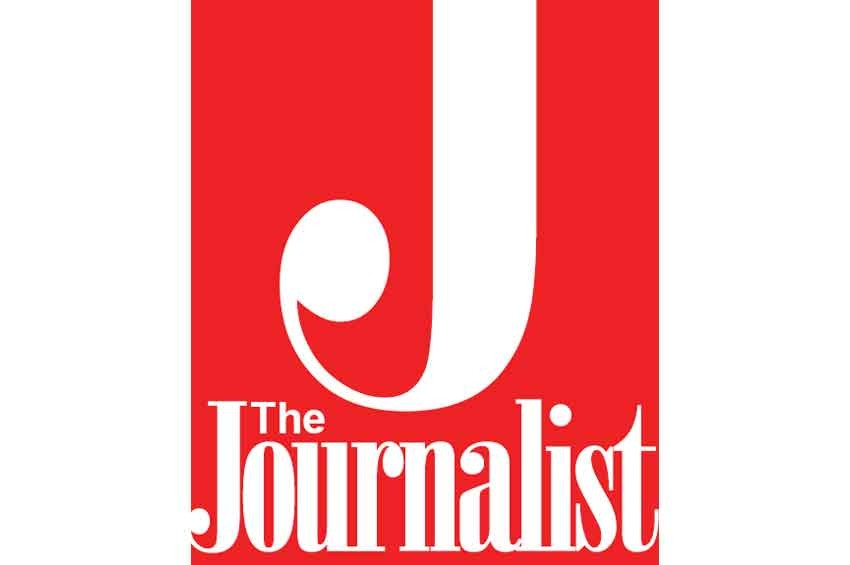In an incident that has alarmed the entire nation, a former Dzongdag stabbed a director of the Anti Corruption Commission (ACC) while a Commissioner of the ACC was assaulted. What exacerbated the incident is the fact that this happened within the sacred premise of the Supreme Court.
As soon as the news hit social media, hundreds began to comment, some anonymous and others openly. People expressed their opinions in different ways, but something that most mentioned was allegations that there is no justice in the country.
There is definitely no excuse for what the former Dzongdag did. Only he would know why he carried the “Rambo” knife to court. Was there motive or were there other reasons? Investigations will tell us the truth. However, the concern is that an increasing number of people are mentioning about the deficiency of justice. This is not the first time. While we may live in the deluded world that most are anonymous users, we should not forget that they are people, too. Further, we have seen netizens resting their cases on the people’s court, by using social media, which most define as the aggrieved’s “last resort for justice.”
Yes! It is a herculean task for institutions like the ACC, Judiciary, RBP and other related agencies to be backed and supported by all the people. In a case, one always loses and he or she, including family members, friends etc become adversaries of these institutions. Nonetheless, when the number of people expressing negative views of institutions like the Judiciary increases, it should not be brushed aside. Adding on to this, is the way in which social media is penetrating the country.
Two thirds of the Bhutanese population are active on social media. According to a study conducted by Bhutan Media Foundation (BMF), over 90 % of the respondents spend nearly 3 hours on social media every day. That is more than the global average of over 2 hours. The study says the reach of social media is widespread. It runs rife in our homes, schools, politics and religious places. Another concern, from the same report is that 50 percent of the users are unaware of ethics and other negative aspects of social media. This would mean that they will believe what is written. They will like, share and even comment. As more youth gain access to social media, there are dangers of unfounded allegations about the judiciary and others getting etched in their subconscious mind, which is not healthy.
In the commercial world, when a business magnate loses popularity, they engage in activities to restore public support. It is called branding. The Judiciary and other agencies are not business houses; but they are social industries mandated to ensure that rule of law prevails. A positive image is always an important asset. People’s perceptions matter!
As soon as the news hit social media, hundreds began to comment, some anonymous and others openly. People expressed their opinions in different ways, but something that most mentioned was allegations that there is no justice in the country.
There is definitely no excuse for what the former Dzongdag did. Only he would know why he carried the “Rambo” knife to court. Was there motive or were there other reasons? Investigations will tell us the truth. However, the concern is that an increasing number of people are mentioning about the deficiency of justice. This is not the first time. While we may live in the deluded world that most are anonymous users, we should not forget that they are people, too. Further, we have seen netizens resting their cases on the people’s court, by using social media, which most define as the aggrieved’s “last resort for justice.”
Yes! It is a herculean task for institutions like the ACC, Judiciary, RBP and other related agencies to be backed and supported by all the people. In a case, one always loses and he or she, including family members, friends etc become adversaries of these institutions. Nonetheless, when the number of people expressing negative views of institutions like the Judiciary increases, it should not be brushed aside. Adding on to this, is the way in which social media is penetrating the country.
Two thirds of the Bhutanese population are active on social media. According to a study conducted by Bhutan Media Foundation (BMF), over 90 % of the respondents spend nearly 3 hours on social media every day. That is more than the global average of over 2 hours. The study says the reach of social media is widespread. It runs rife in our homes, schools, politics and religious places. Another concern, from the same report is that 50 percent of the users are unaware of ethics and other negative aspects of social media. This would mean that they will believe what is written. They will like, share and even comment. As more youth gain access to social media, there are dangers of unfounded allegations about the judiciary and others getting etched in their subconscious mind, which is not healthy.
In the commercial world, when a business magnate loses popularity, they engage in activities to restore public support. It is called branding. The Judiciary and other agencies are not business houses; but they are social industries mandated to ensure that rule of law prevails. A positive image is always an important asset. People’s perceptions matter!

